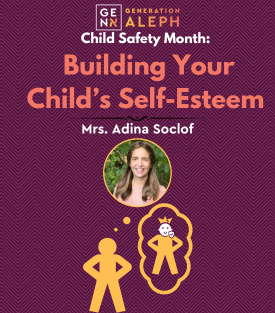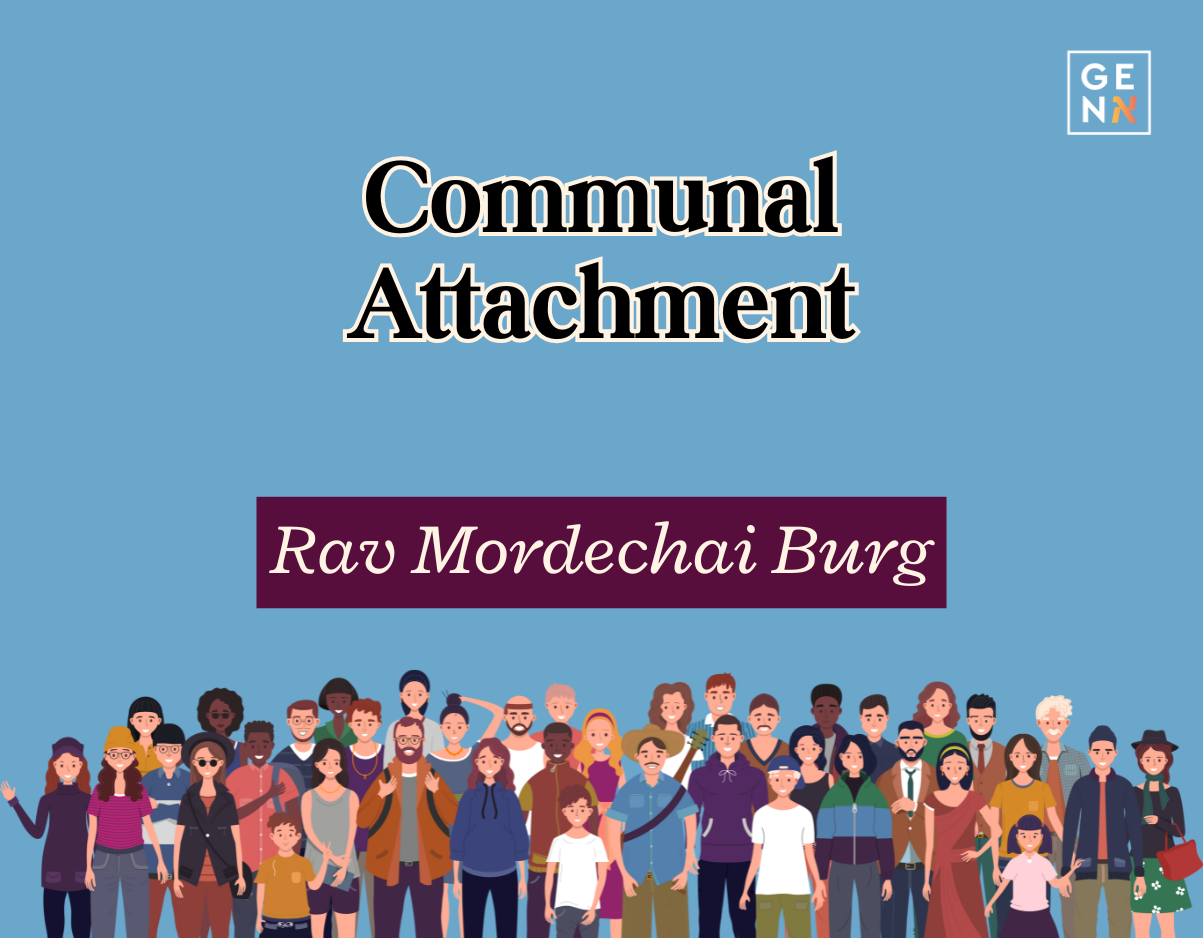♫ Oh, who are the people in your neighborhood?
In your neighborhood?
In your neighborhood?
Say, who are the people in your neighborhood?
Well, they’re the people that you meet
When you’re walking down the street
They’re the people that you meet each day ♫
Chuck Meisels. Harvey Oppenheimer. Morty Strauss. Yonah Yavneh. Sam Cenor. Leslie Ungar. These are the adults that sat near us as I was growing up in the various shuls that we davened in. The people that my father spoke with in a post davening kiddush. They were the people in my neighborhood.
At the time their existence was normal to me. They were a part of our community. Looking back I now understand that they were a significant part of the adult attachment that raised me. It was not so much the words that they said to me. I can maybe remember a handful of conversations. But children are raised in a community and they made up an important part of the community that I was raised in.
Let me say at the outset that I am not here to say that we should discontinue the practice of youth minyanim. They provide an invaluable service to our teenagers who may need a different type of minyan. Teen minyanim have a pace, a style, and a level of involvement that is perfectly geared towards giving our youth a meaningful davening experience. And yet, there is a negative impact as well. Teens who daven at a later minyan don’t walk to shul with their fathers. I don’t know if I can define the value of walking with my father to shul but I know it was important. As a father of five daughters I have not had that experience but my six year old son Mikey does come with me to shul from time to time and there is nothing quite like holding his hand as we walk to shul on Shabbos morning. There is something extraordinary about taking him over to our Rav to shake his hand and wish him a good Shabbos or to kiss the Torah as it leaves or reenters the Aron Kodesh. Children who grow up in a youth/teen minyan lose out on the adult attachment that comes with davening with their parents and other adults. I love that when my son comes to minyan he is greeted by Shloime and Shabsie and Yonatan and more. They are the people in his neighborhood and when he is walking down the street their presence shapes his world.
Teenage children have a difficult time waking up in the morning. On the one hand, we as parents want to model for our children being people who make it to minyan on time. On the other hand, one could make a reasonable argument that it would be better for us to begin davening at home so that we can walk to shul together with our children. Of course it goes without saying that yelling and pressuring our children to move faster so that we can get to shul on time is exactly the opposite of the adult attachment that we are trying to create. Walking to shul together as a family is a beautiful experience and one that our children will hopefully look back on fondly as they become adults themselves.
If our minyanim are not suitable for our youth we might consider refashioning our minyanim in a way that is more suitable for our children. Short of that perhaps we might reimagine our teen minyanim to be dor l’dor (generation to generation) minyanim where fathers and sons can sit together. The youth would still run the minyan and it would be geared towards their needs but they would remain in close proximity to their parents and other adults.
Of course, this is not only about teen minyanim. It’s about using the opportunities that our community affords us to spend time with our children as a community. Growing up I was a proud member of the Young Israel of Far Rockaway little league team. There were always two types of parents; those that dropped their kids off and missed their kids’ games (using the game as an opportunity for free babysitting) and those that brought their beach chairs and cheered on their children. For most of my seasons my father was our coach. I can’t tell you how those other children felt when their parents dropped them off at the game but it is thirty plus years later and I can tell you how much it meant to me that my parents came to my games. And not only do I remember my parents at my games, I remember the other parents who came to cheer on their children as well. The Chametsky’s, the Lowenstein’s, the Rosenbach’s etc.. they were all there. Our high school had father son learning days on certain legal holidays. We sat around at tables in the gym preparing the shiur before the guest shiur was delivered. It wasn’t just my father and I learning b’chevrusa. The Schwartz’s, the Steinmetz’s, the Schoenfeld’s, the Blocks (and in truth Rabbi Block was teaching all of us) etc… We all sat at the same table. We were quite literally raised by a wonderful village.
Our community is exceptionally strong with an enormous amount of infrastructure that is designed to give our children the adult attachment that they need in order to be loved into being. As parents our responsibility is not only to put our children into this system but to accompany them through it. If we are to be successful at imprinting our values on our children in a day and age that is geared towards more and more isolation then we must buck the trend and spend more time in close proximity to our children. The strain on our time may be great but thankfully the opportunities are there. Let’s make sure to take advantage of them.
Submit your questions
"*" indicates required fields










